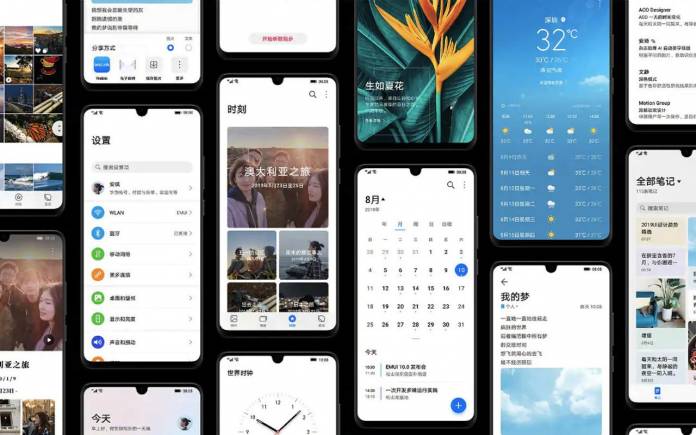
While the U.S. keeps accusing Huawei of collusion with the Chinese government, it keeps giving it extensions of their temporary general license. This time around, they’re given another 45-day reprieve, allowing American companies to still do business with them. However, this time around, that is just half of the usual 90-day temporary license that they’ve been given last year. This may be a sign that the American government is not relenting anymore and a full blacklist may be coming soon for the Chinese OEM.
Back in May of 2019, Huawei was added to the “entity list” and was essentially banned from conducting business with American companies. There were national security concerns over the company’s supposed close ties with the Chinese government and they have been accused of spying on American citizens in collusion with China. This accusation has been repeatedly denied by Huawei of course but to no avail.
The sort of good news is that the US government keeps on extending their temporary general license, giving it 90-day extensions in May, August, and November. The difference with this latest reprieve is that it’s only 45 days. The reason for the extension, according to the Commerce Department, is to “to prevent interruption of existing network communication systems in rural U.S. regions and permit global network security measures.”
Just last week, the government accused Huawei of having backdoor access to global mobile networks, which were intended only for law enforcement. Then the Justice Department has also said they will be filing charges against Huawei and two of their US subsidiaries for racketeering and conspiracy to steal trade secrets. They are being accused of using “fraud and deception” in stealing technology from American companies.
For its part, while Huawei continues to deny all of these accusations, they are also moving on with their plans to exist without American businesses. They are developing their own OS since Google and Android will not be allowed to do business with them and they are tapping other markets outside the US as well. They believe that actions like these would harm the U.S. more than them.









